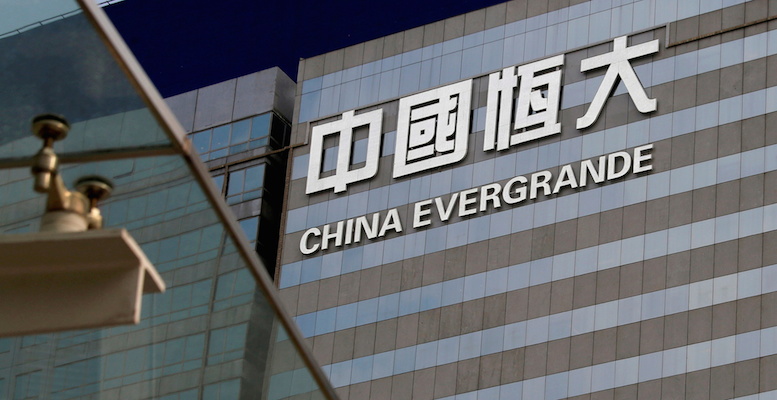China’s country’s largest real estate company, Evergrande, which is on the verge of bankruptcy with more than $300 billion in debt (about 2% of China’s GDP), has announced that it will not be able to pay interest next week. Weak home sales, especially in the last year, have put it in this cash-strapped position.
Shares in Evergrande, which is struggling to raise funds to pay its numerous lenders and suppliers, fell for a third straight day, losing as much as 5.1 per cent to their lowest level since January 2014. Among other deals, the company is considering the sale of stakes in its listed electric vehicle and property services units.
Therefore, the situation is becoming increasingly tense. The group is described by Beijing as a “grey rhinoceros”, i.e., a large company with an alarming debt load representing a systemic financial risk.
In an editorial in the Financial Times, famous financier George Soros recently warned that China was on the verge of a major financial crisis, that the country’s property boom was coming to an end, and that Evergrande (dubbed “the Lehman of China”) was over-leveraged and at risk of default. This could lead to a crash.
However, ratings agency Fitch said that even though numerous sectors could be exposed to greater credit risk if China’s second-largest property developer were to default, the overall impact on the banking sector would be manageable.
Meanwhile, ratings agency S&P has downgraded Evergrande to ‘CC’ from ‘CCC’ with a negative outlook, citing lower liquidity and higher default risks, including the possibility of debt restructuring.
While the company makes a decision on its next steps, Ding Yumei, the wife of Evergrande founder Hui Ka Yan, is investing $3m to calm investors as they suspend trading in its bonds in the face of impending insolvency, the Financial Times said. On the other hand, a group of bondholders has selected investment bank Moelis & Co and law firm Kirkland & Ellis as advisers on a possible restructuring of a tranche of bonds. The state-owned Global Times sends a clear message to Evergrande through its editor-in-chief: “They should try to save themselves in the markets and not entrust everything to the government bailout just because they consider themselves too big to fail.
Evergrande already ran into financial trouble last year when it unsuccessfully tried to float its real estate subsidiary Hengda on the Shenzhen stock exchange. The plan was to use the proceeds of the transaction to manage its $300 billion debt load. Without such an escape route, the incident set off a chain reaction of events. The company was forced to seek alternative sources of liquidity to repay its short-term trust funding debt.





